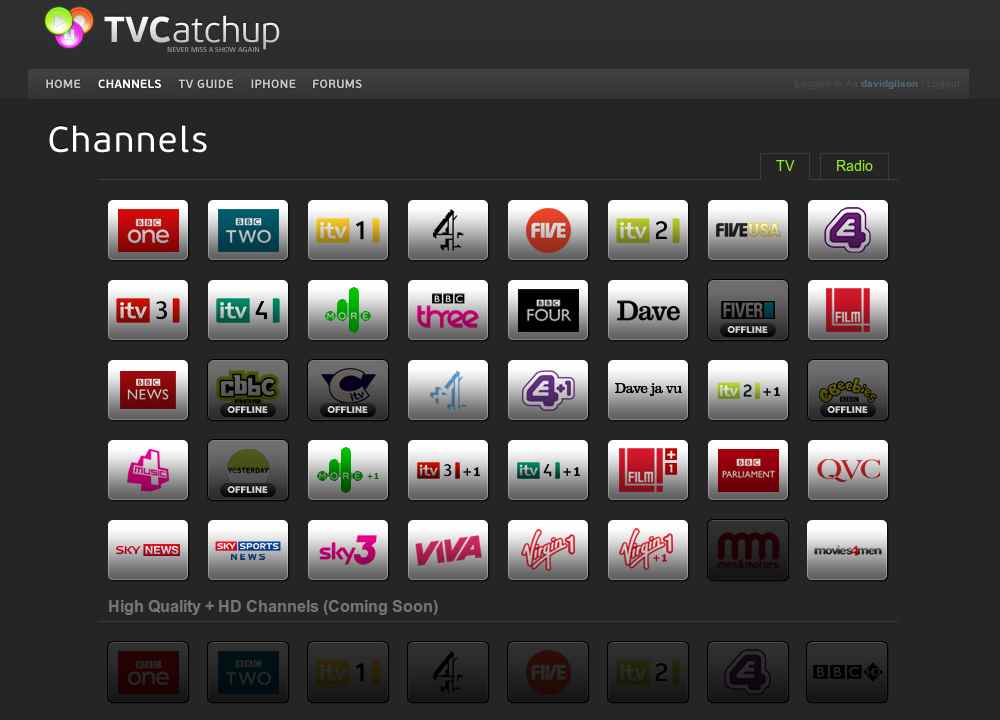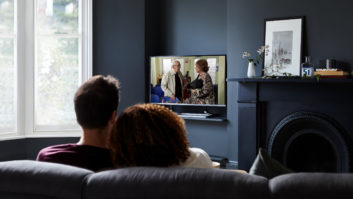
ITV, Channel 4 and Channel 5 have won their long running dispute with streaming platform TVCatchUp over the distribution of their content over the internet.
The broadcasters argued that TVCatchUp was in breach of copyright by allowing the live-streaming of their broadcasts free of charge.
The case has already been heard in the English High Court, but had since been referred to the European Court of Justice.
The Court ruled it was irrelevant whether the content was initially broadcast on TV channels subject to public service obligations.
It said Article 9 of Directive 2001/29, emphasised “the concept of ‘access to cable of broadcasting services’, must be interpreted as not covering, and not permitting, national legislation which provides that copyright is not infringed in the case of the immediate re-transmission by cable, including, where relevant, via the internet, in the area of initial broadcast, of works broadcast on television channels subject to public service obligations.”
It said the term ‘access to cable’ was as a concept very different to ‘re-transmission by cable’.
In a statement, TVCatchup said the ruling did not come as a surprise. “The Section 73 cable exemption in the Copyright, Designs and Patent Act (“CDPA”) played a major historical role in our long running dispute with ITV, Channel 4 and Channel 5, and it was a great comfort to us that access to these channels – which have traditionally been the most popular – was ruled fully lawful by the High Court. Sadly ITV have managed to persuade the EU to now rule that the delivery of content via the internet does not equate to a cable service.”
The broadcasters said they were delighted that the European court had ruled that their channels should not be re-transmitted online or on cable without authorisation, suggesting that the finding recognised the vital importance of IP protection in maximising investment in original UK TV content and preventing “free-riding”.







